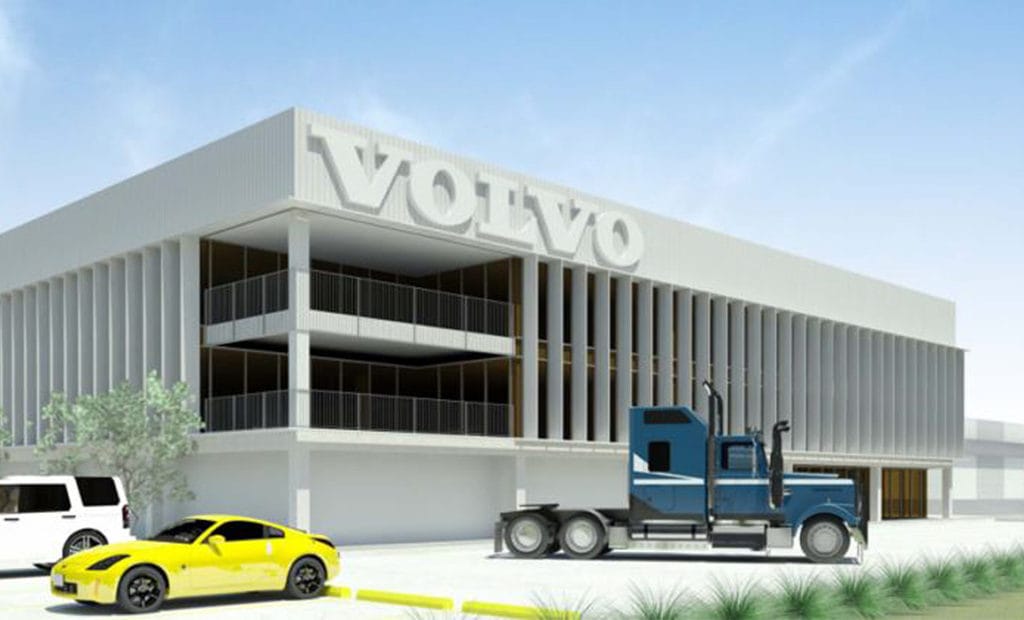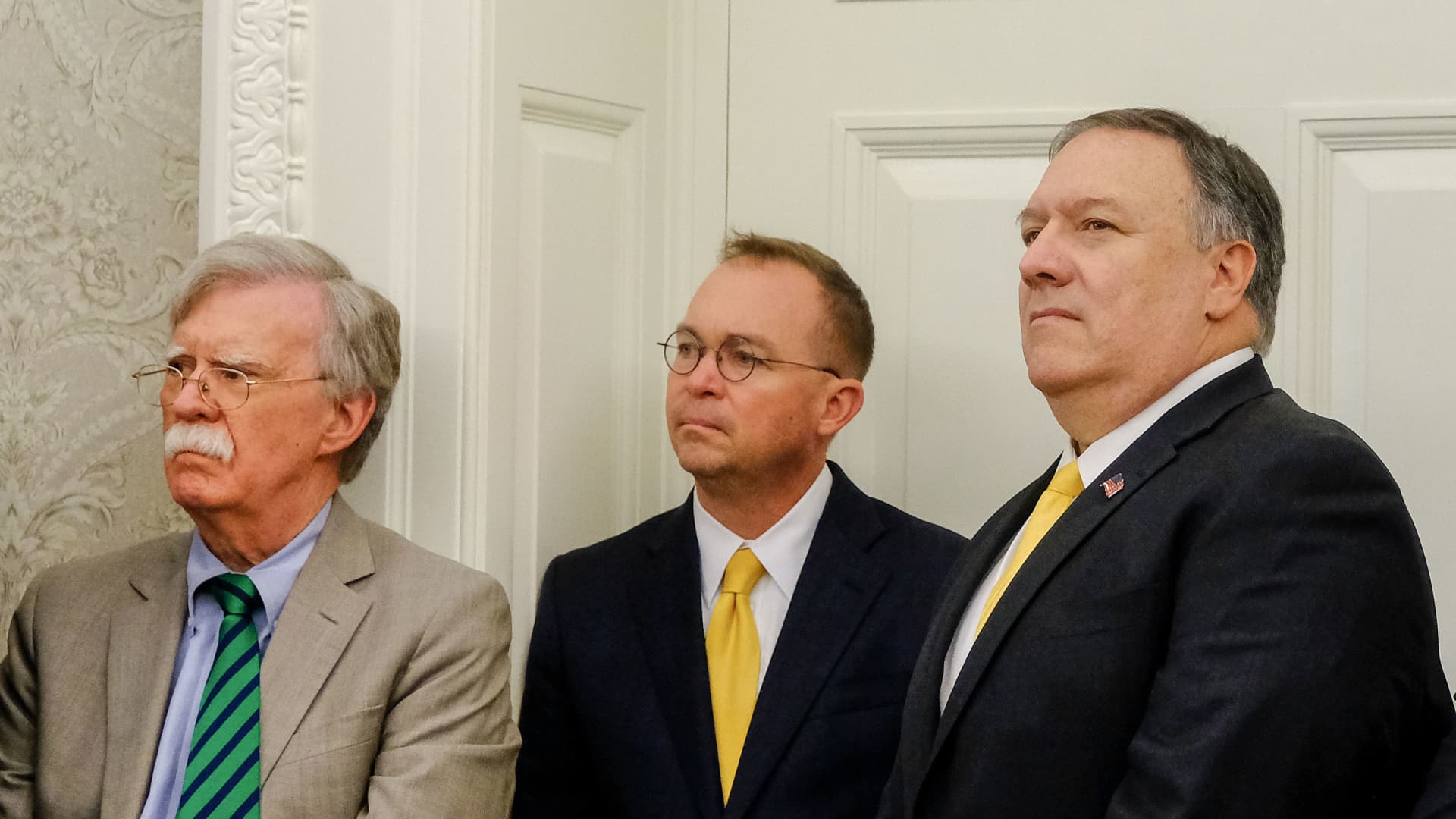In a significant organizational shift, Volvo has revealed plans to reduce its workforce by around 3,000 positions in the face of ongoing trade uncertainties and economic pressures. The automotive manufacturer, known for its commitment to safety and sustainability, is taking these steps as part of a broader strategy to enhance operational efficiency and adapt to the evolving marketplace.
The decision to cut jobs comes amidst a backdrop of fluctuating trade relations, particularly between key markets such as the United States, Europe, and China. These dynamics have posed challenges for many automotive companies, disrupting supply chains and increasing operational costs. For Volvo, navigating these complexities has become paramount to maintaining its competitive edge in the global automotive industry.
The company’s chief executive, along with other top management officials, stated that this decision was not made lightly. Volvo aims to focus on improving its business model in a way that aligns with future market demands and expectations. This restructuring is seen as an opportunity to streamline operations, reduce redundancy, and ensure that resources are allocated more effectively. The affected positions will primarily be within the company’s administrative and production sectors, where operational redundancies are being identified as part of this strategic reassessment.
Amid these challenging circumstances, Volvo remains dedicated to its long-term goals, including the transition towards electrification and sustainable practices. The automotive industry is undergoing a significant transformation, shifting towards electric and hybrid vehicles. In this context, Volvo has already made substantial commitments to electric mobility, with a target to become a fully electric car brand by 2030. By reducing its workforce, the company aims to focus on innovation and technological advancements that are crucial for its future viability in the market.
Trade uncertainty is significantly affecting the global supply chain landscape. Tariffs, trade agreements, and geopolitical tensions can create unpredictability, leading many companies, including Volvo, to re-evaluate their operational frameworks. The automotive sector is acutely sensitive to these swings, as manufacturers rely heavily on a steady flow of components and materials from various global suppliers. Therefore, it becomes critical for companies like Volvo to remain agile and adaptable in their approach.
In addition to the job cuts, Volvo is implementing several other measures intended to navigate these uncertain economic waters. This includes investing in automation and digital transformation, which are seen as vital to not only enhance production efficiency but also improve overall product quality. These innovations will ensure that Volvo meets the sophisticated demands of modern consumers while remaining competitive across various international markets.
The socioeconomic impact of these job reductions extends beyond the company itself. As a significant employer in various regions, Volvo’s decisions will influence local economies, particularly in areas where the workforce reductions take effect. The company is committed to providing support for displaced employees, aiming to ease the transition through severance packages and professional development opportunities.
Stakeholders and analysts are observing Volvo’s moves closely, understanding the implications of these changes on the company’s trajectory. This restructuring could be a critical factor in ensuring long-term success amidst abundant challenges. As Volvo continues to carve out its niche within the automotive sector, the interplay of strategic decisions and market conditions will play a vital role in shaping the company’s future.
In conclusion, Volvo’s decision to cut 3,000 jobs underscores the urgency with which companies in the automotive industry must respond to shifting market dynamics and trade uncertainties. By prioritizing operational efficiency and embracing a future-focused approach, Volvo aims to navigate these turbulent times while remaining committed to its vision of sustainability and innovation in the automotive landscape. The company looks forward to emerging from this transition stronger and better equipped to face the challenges that lie ahead in a rapidly evolving market.
As the company forges ahead, it reflects not only the challenges specific to Volvo but also the broader pressures faced by the automotive industry at large, making this a significant moment of change and reflection within the corporate landscape.



